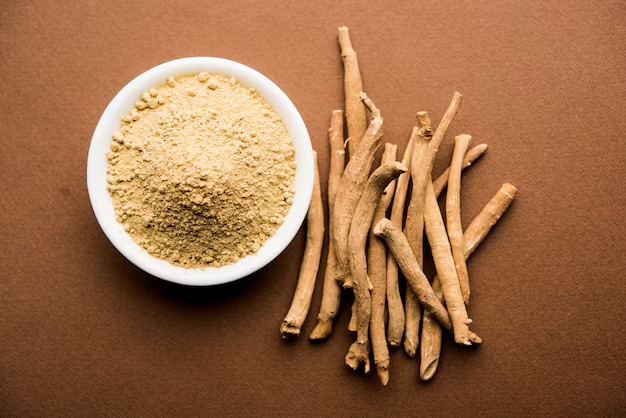Ashwagandha (Withania somnifera) is an adaptogenic herb widely used in traditional Ayurvedic medicine to reduce stress and enhance mental well-being. Known for its adaptogenic properties, ashwagandha may help the body manage stress, boost energy, and support immune health. This article explores how ashwagandha can aid anxiety relief and offers tips for incorporating it into a daily routine.
The Link Between Ashwagandha and Anxiety Relief
Research highlights several ways ashwagandha may help alleviate anxiety symptoms:
- Stress Hormone Regulation: Ashwagandha has been shown to reduce cortisol, a stress hormone often linked to anxiety when elevated. By lowering cortisol levels, it may help promote a sense of calm and relaxation.
- Neurotransmitter Support: Ashwagandha may support the balance of neurotransmitters like GABA and serotonin, which are essential for mood stability and anxiety reduction. Studies indicate that ashwagandha’s influence on neurotransmitters can help relieve anxiety symptoms.
- Anti-Inflammatory Effects: Chronic inflammation is associated with various mental health concerns, including anxiety. Ashwagandha’s anti-inflammatory properties may help mitigate this impact on the brain and body.
- Antioxidant Activity: Rich in antioxidants, ashwagandha helps protect cells from oxidative stress, a process linked to anxiety and other mental health conditions. By reducing oxidative stress, ashwagandha may promote overall mental well-being.
Research Highlights on Ashwagandha for Anxiety
Research studies provide insight into ashwagandha’s potential benefits for anxiety management:
- 2012 Study (Indian Journal of Psychological Medicine): Found significant reductions in anxiety and stress scores among participants using ashwagandha root extract.
- 2019 Study (Medicine): Showed that ashwagandha improved sleep quality and reduced anxiety in participants with chronic stress.
- 2021 Review (Phytomedicine): Suggested that ashwagandha is effective in reducing anxiety symptoms, though more research is needed to confirm optimal dosage and usage.
How to Incorporate Ashwagandha into Your Routine
Ashwagandha is available in multiple forms, including capsules, powders, and tinctures. Consulting a healthcare professional is advised to determine the right form and dosage for your needs, especially as dosages can vary based on individual health goals.
Important Considerations
While ashwagandha is generally considered safe for most people, consider the following precautions:
- Interactions with Medications: Ashwagandha may interact with certain medications, so consult a healthcare provider if you have medical conditions or are taking medications.
- Pregnancy and Breastfeeding: Avoid ashwagandha during pregnancy and breastfeeding.
- Possible Side Effects: Some individuals may experience mild side effects, including stomach upset or drowsiness.
Conclusion
Research suggests ashwagandha may support mental well-being by reducing stress, balancing neurotransmitters, and protecting against oxidative damage. While further research is needed, ashwagandha could be a valuable addition to an anxiety management plan. As with any supplement, consult a healthcare provider before incorporating ashwagandha into your routine to ensure it’s suitable for your needs. Click here to view our top picks for ashwagandha supplements and find the one that best suits your needs and preferences.
